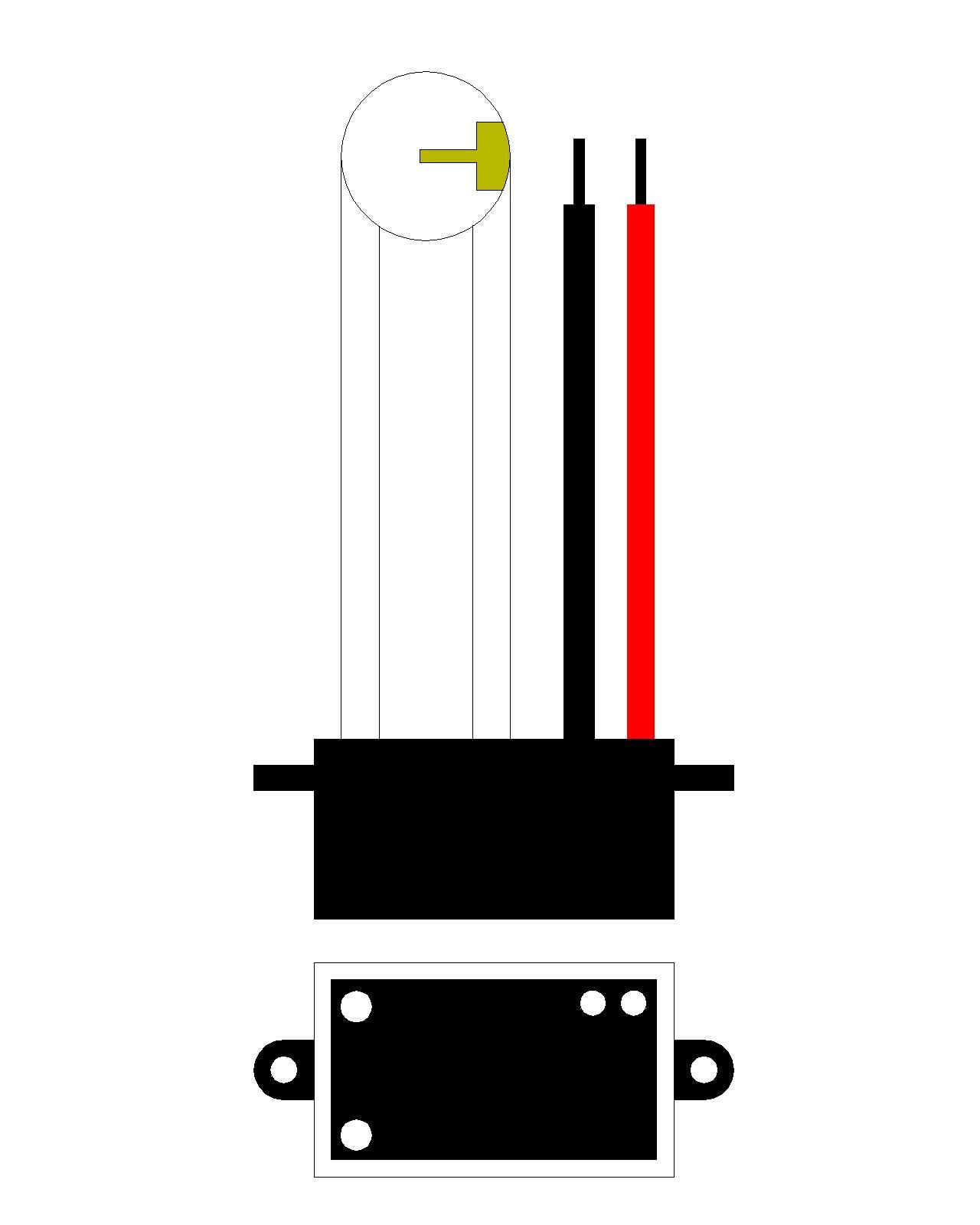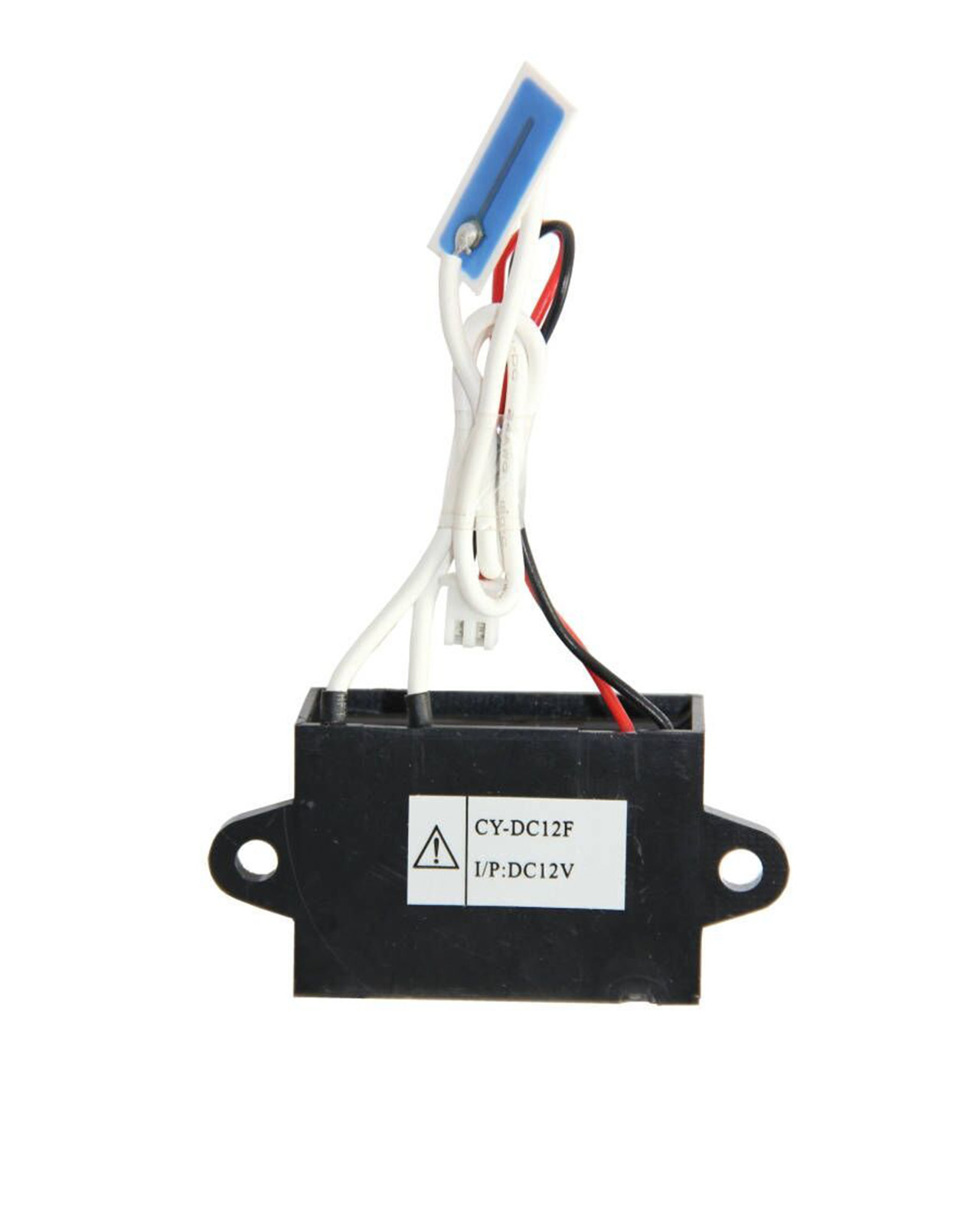How to choose a high-pressure generator to meet different needs
Sep 15,2024

# How to Choose a High-Voltage Generator to Meet Different Needs
High-voltage generators are increasingly used in modern industry and scientific research. Whether it's electrical testing, materials research, or medical equipment, choosing the right high-voltage generator can greatly improve work efficiency and safety. So, how can you choose a high-voltage generator that suits your needs? Next, we will analyze this topic in detail.
## 1. Determine Your Needs
Before purchasing a high-voltage generator, you must first clarify your specific needs. For example, do you need to perform dielectric strength testing on electrical equipment, or is it for laboratory research? Different application scenarios have very different performance requirements for high-voltage generators.
Imagine what would happen if you were performing a dielectric strength test, but the output voltage of the high-voltage generator was insufficient. Not only would the test be inaccurate, but it could also damage the equipment, affecting the entire project schedule. Therefore, determining your needs first is crucial.
## 2. Consider Output Voltage and Current
The output voltage and current of a high-voltage generator are important parameters to consider when making a selection. Typically, the rated output voltage of the equipment should be greater than or equal to the voltage you actually need. For example, if your test requires a voltage of 10kV, choosing a high-voltage generator with a rated output of 15kV would be safer.
It should be noted here that the magnitude of the current cannot be ignored. Too low a current may result in the inability to test certain high-impedance devices, while too high a current may damage the test object. Therefore, an appropriate current range is equally important.
## 3. Equipment Safety
Safety is one of the most important indicators of a high-voltage generator. Considering the risks associated with high voltage, choosing a device with multiple safety protection functions is extremely wise. For example, overload protection, short-circuit protection, and leakage protection can effectively reduce the likelihood of accidents.
Imagine what a terrible scenario it would be if an accident occurred during testing and the equipment had no protective measures! Therefore, safety should be prioritized when choosing a high-voltage generator.
## 4. Portability and Operability
In some cases, portability and operability are also factors that cannot be ignored. If your work environment requires frequent movement of equipment, choosing a lightweight and easy-to-operate high-voltage generator will greatly improve work efficiency. Many modern high-voltage generators have already considered this in their design, with simple operating interfaces and relatively small sizes.
When you are testing on-site, being able to quickly set and adjust parameters will undoubtedly save a lot of time. Do you remember the time wasted last time because of the complexity of the equipment? Choosing portable and easy-to-operate equipment can save you from such trouble.
## 5. Maintenance and After-Sales Service
The maintenance and after-sales service of a high-voltage generator are equally important. Choosing brands that provide good after-sales service and technical support can make your user experience smoother. After all, no one wants to be unable to find someone to solve the problem when the equipment malfunctions.
Regular maintenance and inspection can effectively extend the service life of the equipment, while excellent after-sales service can provide assistance at critical moments. Have you ever had a project schedule affected by equipment failure? Choosing good after-sales service is not only an investment in the equipment itself, but also a guarantee of time and efficiency.
## 6. Price and Value for Money
Finally, of course, we must mention the price. The prices of high-voltage generators from different brands and models vary greatly. Although price is often proportional to performance, we should also pay attention to value for money. Overly cheap equipment may have problems with quality and performance, while overly expensive equipment may not be suitable for your actual needs.
When choosing equipment, you may want to conduct market research and compare the performance and prices of different products. Under the premise of meeting your needs, choosing a high-voltage generator with high cost performance is a wise choice.
## Conclusion
Choosing a high-voltage generator is not a simple matter, but as long as you clarify your needs, pay attention to performance, safety, portability, maintenance and after-sales service, as well as price and value for money, you can find a high-voltage generator that suits you. I hope these suggestions will help you make a wise choice when purchasing.
High-voltage generators are increasingly used in modern industry and scientific research. Whether it's electrical testing, materials research, or medical equipment, choosing the right high-voltage generator can greatly improve work efficiency and safety. So, how can you choose a high-voltage generator that suits your needs? Next, we will analyze this topic in detail.
## 1. Determine Your Needs
Before purchasing a high-voltage generator, you must first clarify your specific needs. For example, do you need to perform dielectric strength testing on electrical equipment, or is it for laboratory research? Different application scenarios have very different performance requirements for high-voltage generators.
Imagine what would happen if you were performing a dielectric strength test, but the output voltage of the high-voltage generator was insufficient. Not only would the test be inaccurate, but it could also damage the equipment, affecting the entire project schedule. Therefore, determining your needs first is crucial.
## 2. Consider Output Voltage and Current
The output voltage and current of a high-voltage generator are important parameters to consider when making a selection. Typically, the rated output voltage of the equipment should be greater than or equal to the voltage you actually need. For example, if your test requires a voltage of 10kV, choosing a high-voltage generator with a rated output of 15kV would be safer.
It should be noted here that the magnitude of the current cannot be ignored. Too low a current may result in the inability to test certain high-impedance devices, while too high a current may damage the test object. Therefore, an appropriate current range is equally important.
## 3. Equipment Safety
Safety is one of the most important indicators of a high-voltage generator. Considering the risks associated with high voltage, choosing a device with multiple safety protection functions is extremely wise. For example, overload protection, short-circuit protection, and leakage protection can effectively reduce the likelihood of accidents.
Imagine what a terrible scenario it would be if an accident occurred during testing and the equipment had no protective measures! Therefore, safety should be prioritized when choosing a high-voltage generator.
## 4. Portability and Operability
In some cases, portability and operability are also factors that cannot be ignored. If your work environment requires frequent movement of equipment, choosing a lightweight and easy-to-operate high-voltage generator will greatly improve work efficiency. Many modern high-voltage generators have already considered this in their design, with simple operating interfaces and relatively small sizes.
When you are testing on-site, being able to quickly set and adjust parameters will undoubtedly save a lot of time. Do you remember the time wasted last time because of the complexity of the equipment? Choosing portable and easy-to-operate equipment can save you from such trouble.
## 5. Maintenance and After-Sales Service
The maintenance and after-sales service of a high-voltage generator are equally important. Choosing brands that provide good after-sales service and technical support can make your user experience smoother. After all, no one wants to be unable to find someone to solve the problem when the equipment malfunctions.
Regular maintenance and inspection can effectively extend the service life of the equipment, while excellent after-sales service can provide assistance at critical moments. Have you ever had a project schedule affected by equipment failure? Choosing good after-sales service is not only an investment in the equipment itself, but also a guarantee of time and efficiency.
## 6. Price and Value for Money
Finally, of course, we must mention the price. The prices of high-voltage generators from different brands and models vary greatly. Although price is often proportional to performance, we should also pay attention to value for money. Overly cheap equipment may have problems with quality and performance, while overly expensive equipment may not be suitable for your actual needs.
When choosing equipment, you may want to conduct market research and compare the performance and prices of different products. Under the premise of meeting your needs, choosing a high-voltage generator with high cost performance is a wise choice.
## Conclusion
Choosing a high-voltage generator is not a simple matter, but as long as you clarify your needs, pay attention to performance, safety, portability, maintenance and after-sales service, as well as price and value for money, you can find a high-voltage generator that suits you. I hope these suggestions will help you make a wise choice when purchasing.
Previous page:










